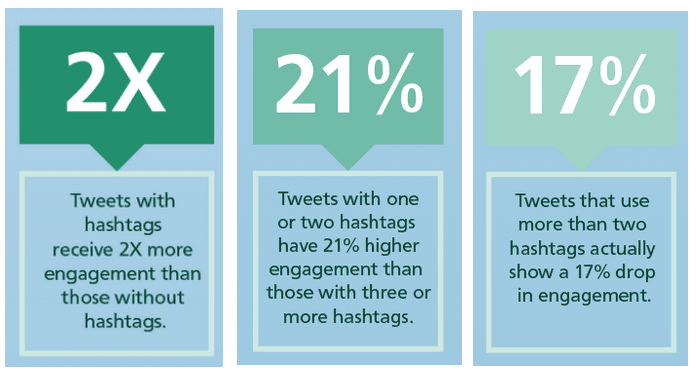Social media can be an impossibly powerful tool. It is the president’s favorite method of communication, after all. Social media can also determine the future for MBA applicants and candidates.
For better or for worse.
U.S. News & World Report found that 35 percent of admissions officers interviewed do check out applicants’ social media accounts. What they find can increase a person’s chance of getting in—or diminish it. Social media sometimes says a lot about a person that may not be clear in an essay or recommendation letter. So it’s no wonder some schools opt to check it out.
Well, that means applicants and even students must be really intentional—and careful—about how they use platforms like Facebook, Twitter, or Instagram. Otherwise, they could be looking at revoked acceptances or even long-term suspensions.
There is a science to the art of social media postings. And we’ve got you.
Do
Share achievements and wins. Let’s say you’re set to speak on a panel next week; you should tweet about it. Let the world know to be there. When you do speak, make sure someone takes a pic—and share it. Flaunt your accomplishments while staying humble. New job? Let the Internet know. Published a research article? Inform people.
Don’t
Publicize how you celebrate said achievement. Well, unless that celebration is PG. Even then, though, not everything needs to be broadcast to the world, especially if it involves alcohol. Too many college students or teenagers share photos of them on a night out, but that could be a turn off to admissions officers. So unless you’re sharing a cocktail with a celebrity or business goddess, maybe save the photo for family albums, instead.
READ THIS: Wharton MBAs Will Get You Out of the Social Media Bubble
Do
Be yourself. You want to stay true to you and be an authentic presence online. There are enough imposters acting as a better version of themselves. And sometimes, it’s just too obvious. So let your posts breathe and let officers get a sense of who you are when they take a look at your social media pages. Maybe that means having an inspirational quote in your bio. Whether it’s Kanye West or Steve Jobs says a lot about who you are. And admissions officers will take note.
Don’t
Be reckless about the version of yourself you show. You gotta’ keep it real, but be mindful about what sides of yourself you showcase, too. A cuss word here or there probably won’t taint a future school or employer’s view, but racist or insensitive language will (and should). Certain behaviors and ideologies are unacceptable, and if that’s how you’re thinking, you need to take a hard look at yourself.
Do
Brand yourself. Ain’t nothing wrong with whipping up a logo and showcasing it online. Or launching a website that you flaunt on your Facebook page. You want schools to know that you’re already business-savvy and show them that you recognize your most valuable business: yourself. Branding yourself through a clever Twitter handle or website domain is a start. Think color schemes and photos. All the pieces of your page speak more than you think, so work those marketing skills.
Don’t
Use that as reason to steal someone else’s work. If you’re going to whip up a logo, make sure you take the right steps to do so—and mention it in a cover letter or somewhere a school will find out. Don’t copy and paste images or use someone else’s. If you show admissions officers you already know how to operate social media within legal boundaries and possess digital skills, they’ll be even more impressed. Be sure that you take proper steps to legally share images too. You want to sprinkle up your feed with photography (y’know, let them know you’re sophisticated), but don’t just take from a Google search. That can be illegal. Plus, you want to show off that you know about image sharing sites like Flickr or Getty. You’re a business person, remember?
Do
Use hashtags. Schools want students who are with the times. Hashtags are a major part of this time. Remind them that you know when to use them. This will also help others find you if your page is public, so for Twitter, that could mean more followers. On Facebook, that could mean more engagement on posts.
Learning from the hashtag experts can be really beneficial to your overall online presence. According to Buffer, simple use can greatly increase exposure.

Data via Buffer/Buddy Media
Don’t
Be hashtag-excessive. #EveryLittleThingDoesntNeedAHashtag. Just use relevant hashtags and don’t scare away a school with them. #Please.
This post has been republished in its entirety from its original source, metromba.com.









